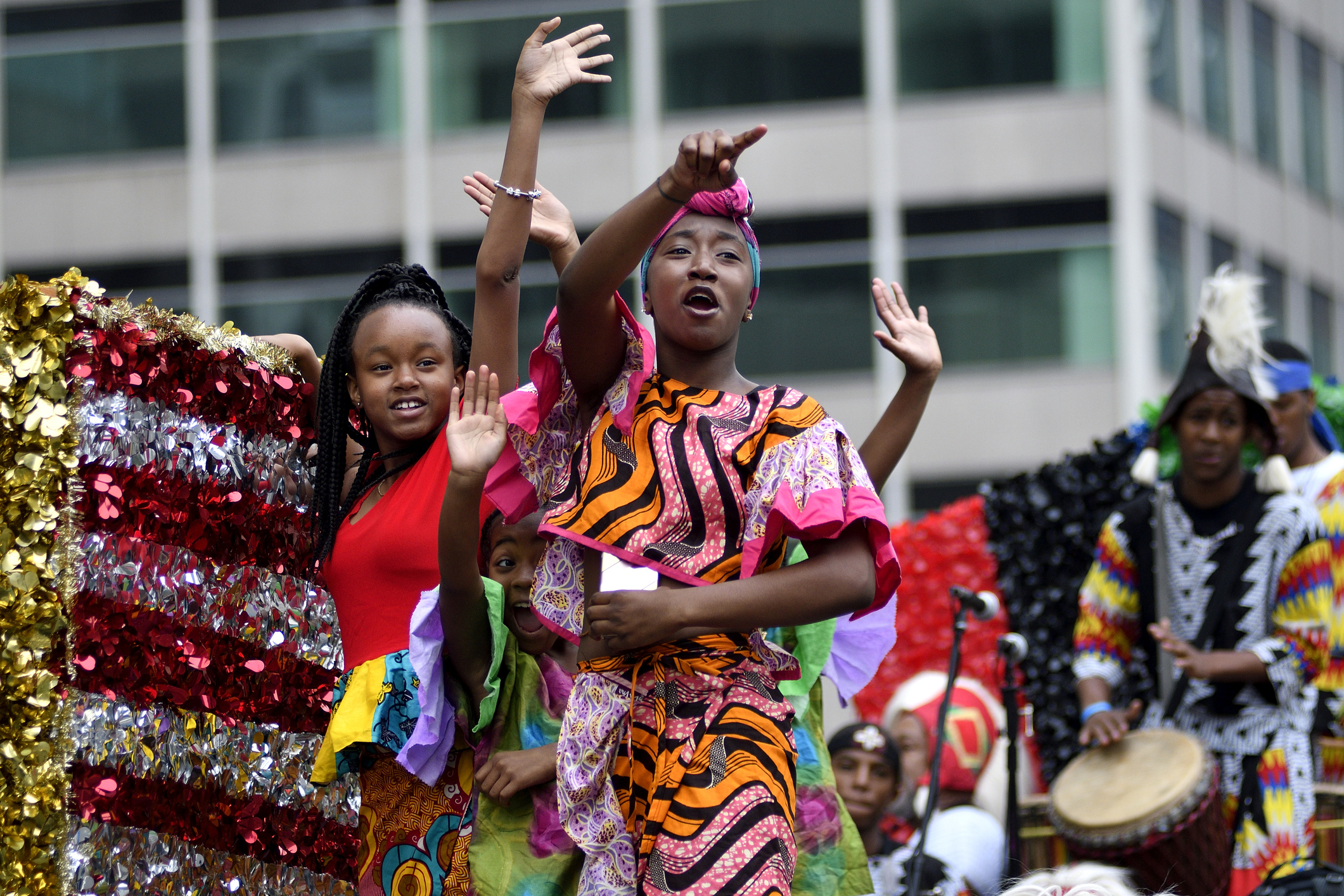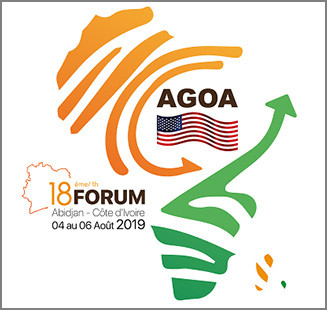Immigration from Africa to the United States has increased dramatically in the past three decades and these migrants turned to the US in pursuit of safety, opportunities and economic prospects, according to two latest studies on this topic.
As the US commemorates 247 years of independence on Tuesday (5 July), African immigrants celebrated Independence Day alongside their fellow countrymen in the North American nation. Research conducted by the Center on Budget and Policy Priorities, a US research and policy institute, found that federal and state policies in America are generally progressive towards immigrants. The report cited examples including the state of Arizona, where voters approved a ballot initiative to extend in-state college tuition to qualified students regardless of their immigration status. States such as Colorado and Pennsylvania have enacted laws that protect immigrant workers by prohibiting unfair labor practices. Migration groups report 4.6 million Black people in the United States, as of 2019, were born in a different country – a figure the US Census Bureau reports will increase to 9.5 million by 2060. Of that 2019 number, the Migration Policy Institute reports that over 2.1 million were immigrants from sub-Saharan Africa.
Meanwhile, another study, published in Frontiers in Sociology, points out that today African immigrants constitute a growing and increasingly visible component of the U.S. population. The study also highlights shifting sociodemographic profiles of these “new African Americans” or “new Americans,” profiling the increasing diversity, yet also racialized portrait of this group. It says that one clear evident implication of the shifting racial and gender composition of the African immigrant population is that they are not a monolithic group. Increasingly African immigrants are coming from countries and regions that are culturally, linguistically, politically and/or economically distinct. Therefore, the study argues that lumping African immigrants into one homogeneous group for theoretical and/or empirical analyses is problematic, to say the least.



